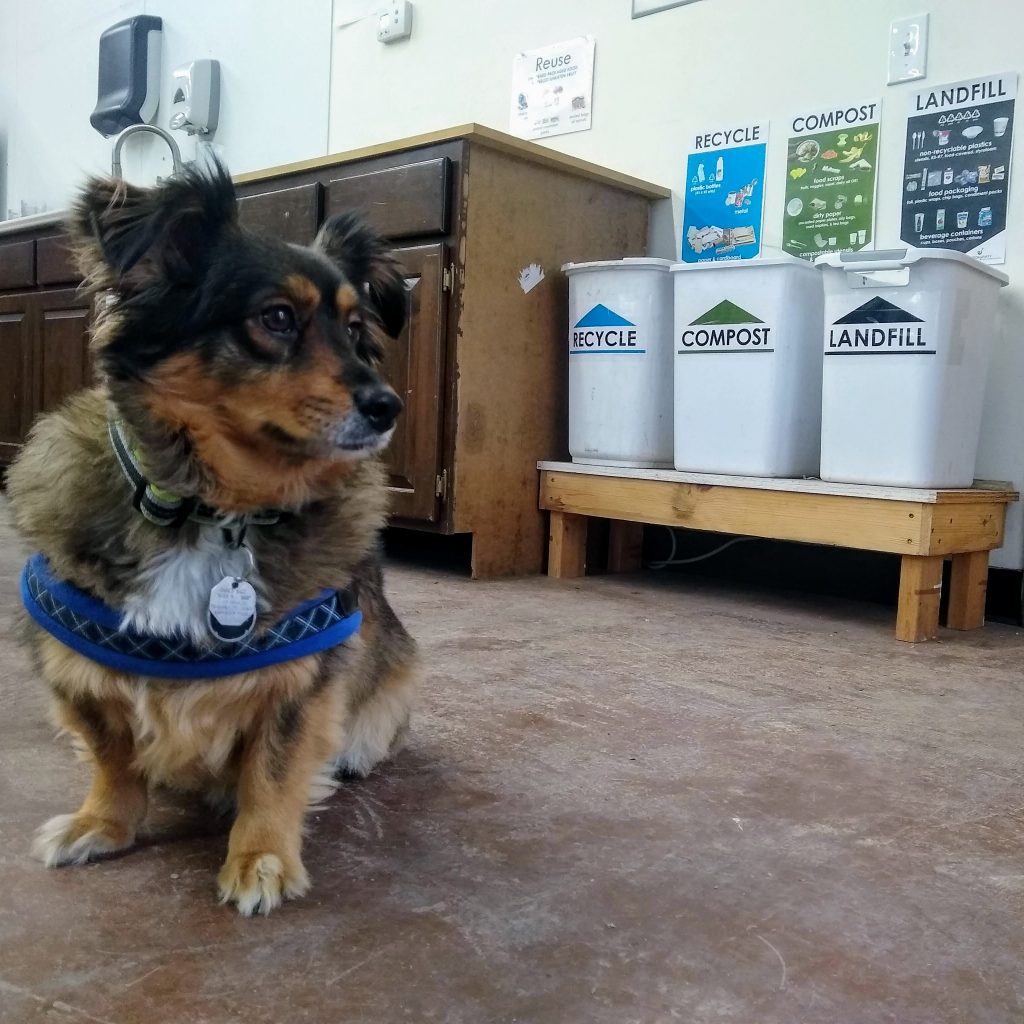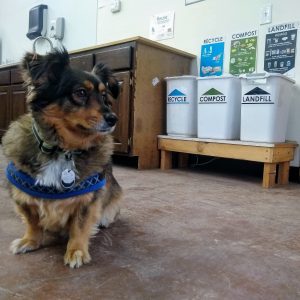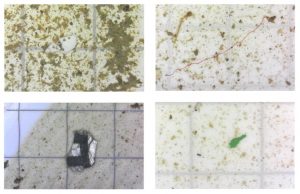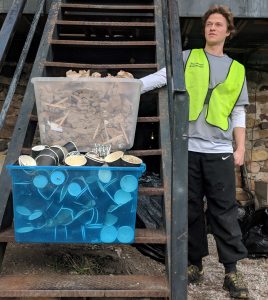By Hillary Sward
Quickly approaching the end of this year and the start of a new, the talk of “resolutions” abounds. Typically, when asked about our resolution or goals, we think it has to be this grandiose, world-shaking final product. I don’t know what your thoughts are, but having one massive goal is overwhelming. But, hey, walking on stepping stones isn’t nearly as impressive as climbing a mountain, right? (Wrong!)
With a background in education, I was taught to celebrate the small things, dig in when a student starts to understand, and strive for the “ah ha!” moments students experience. Scaffolding is a term that was used so frequently in my undergrad that it is still etched into my mind. In the beginning, you need full support to build, but eventually, you solve a simple problem or tackle a tiny task with very little to no guidance. Soon, after you’ve begun taking things one step at a time, you are able to grasp larger ideas and take your first steps in addressing that issue. Take Climate Change as an example. It is not a simple problem, but to fight it, we have to start with simple steps. Let me tell you a story to illustrate a seemingly insignificant victory:
Once upon a time, there was a family in a small town in South Dakota. They were not farmers, however, they embodied other traits of the rural Midwest. In the kitchen existed one bin – all trash, leftover foods, and recyclables inhabited this space. The idea of keeping separate bins was a far-off thought, only enacted by those “above average” in status and wealth. This was not something that bothered the family, it was simply how they lived their lives. They did not see why they would change the way they lived without a pressing or tangible need. As time pressed on and the children grew, two took on the ideas and mindsets of their parents, but the third yearned of leaving that land and learning in a distant place. And it happened! This child left and learned in the faraway land of Missoula, Montana. Every visit home, this family had conversations of what the child was learning and how she was living her life. There were many disagreements and the family disliked the wicked concepts the child was now aware of and bringing home, so the child chose to guide conversations towards agreed-upon ideas. After much time away and several visits to each other’s lands, the family was together and the father did something surprising. Using quite colorful language that will be left to your imagination, he expressed his disdain in the lack of a recycling bin in a public area!
Now let’s finish that fable and jump back into reality. Politically, my family and I have many disagreements, but litter and pollution? That we can see and we can agree on. Recycling is something we all can do that will help reduce our waste. Now, we still disagree on whether or not this whole “global warming thing” is real, but that doesn’t devalue my dad’s new-found preference of recycling items when he can.
I have been in Missoula for a few years now, and I was delighted when I was offered the Energy Corps position at Home ReSource. My duties while serving here include working with a number of programs. Currently, I am focusing my time on a series of Fixit Clinics and our Zero Waste Ambassadors Program (ZWAP!). Fixit Clinics are hands-on events that demystify technology, empower people with simple repair know-how, and push back against the norms of our unsustainable disposable culture. Additionally, as part of the growing global Right to Repair movement, these clinics invite us to think critically about our relationship with consumption and demonstrate how repair is a way to reduce the global burdens related to resource extraction and waste. ZWAP! is an award-winning, inquiry-based education program for fifth graders. The goal of ZWAP! is to get students thinking more critically about their choices and actions, and how those individual choices and actions can make a difference.
Some people may think in the grand scheme of the subject of climate change, a handful of people repairing a few things is meaningless, but in reality, these seemingly meager victories, and the ringing of a bell every time an item is repaired, signal the validation and celebration of small steps that will add up to revolutionary change.
Those same people may question what kids can actually do, claiming 11 year-olds can’t combat climate change. And, wrong again. While 10 and 11 years-olds face more obstacles when deciding to do things such as driving to the store, securing a recycling or composting service, or not buying items that come in single-use packaging, they absolutely can encourage their parents to make these changes and more. When we receive letters and follow-up after 5th graders have been fully ZWAP!ed, we learn that they certainly do encourage their families to make choices that are more environmentally friendly, they take action in their daily lives, and that is the difference these kids are making.
Each of the smallest decisions you make – me not pushing climate change, instead focusing on benefits that are agreed-upon and tangible – can have this cascading effect. A snowflake can cause an avalanche. Wolves can change rivers. Dads can recycle. YOU can make a difference.
Whether you have just begun or you are in your umpteenth year of combating climate change (or any issue for that matter), your decisions make a difference. Your decisions have value. Validate taking your first step. Validate others taking their first steps. And continue validating all of the small victories in your personal and professional lives for the magnificent achievements they are. For more information on wolves and rivers, you can visit this site: https://ethology.eu/how-wolves-change-rivers/
Photo: Mucho encourages zero waste practices, one tiny paw at a time. #dogsrecycletoo #woofifyoulovetheplanet #woofifyoulovemothernature #dogsofhomeresource #doggosfortheplanet









